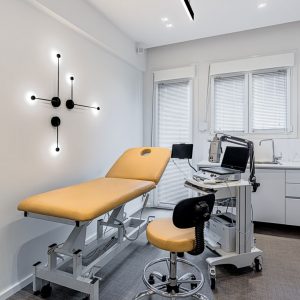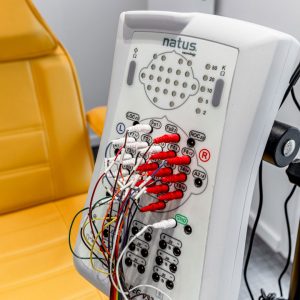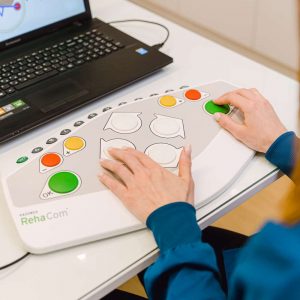Treatment
Neurodegenerative diseases
Αρχική / Services – Clinic Treatments / Treatment of neurodegenerative diseases (dementia / Parkinson’s)
Information
for neurodegenerative diseases
What is;
The term “neurodegenerative diseases” describes diseases that affect the brain, causing premature aging and cell death and destruction of connections respectively. The nervous system is made up of billions of cells (neurons) which undergo normal damage during our lifetime. Due to the increase in life expectancy in recent years, there is a large increase in neurodegenerative diseases. These diseases affect the neurons of the nervous system in which degeneration is observed in specific areas of the brain and specific cell populations and the structure and function of neurons are disrupted.
Neurodegenerative diseases are incurable and progressive diseases that weaken the patient, bring about changes in the quality of life of patients and caregivers with the main symptoms of motor and mental disability and are due to degeneration / death of nerve cells. Usually the cause that causes them is not recognized.
Neurodegenerative diseases occur mainly after the fifth decade of life and rarely at a younger age. The factors can be environmental and hereditary depending on the type of each disease.
The most common neurodegenerative diseases are various forms of dementia and Parkinson’s disease. Also other neurodegenerative disorders are motor neurone diseases.
What is “dementia”?
Dementia is not one as there are different types and the pathology is not the same in all patients. Dementias represent a significant group of diseases belonging to the so-called “neurodegenerative” diseases, in which the underlying pathology includes premature and progressive degeneration-necrosis of nerve cells (neurons) and their synapses (connections with other nerves).
What are the symptoms?
They result in the progressively worsening of many higher mental functions (memory, speech, orientation, critical thinking, executive skills, etc.), as well as disturbances in the patient’s emotion, behavior, mobility, and overall functioning. The consequence of all this is the gradual loss of independence and the serious deterioration of the quality of life of patients and their families.
What is the treatment of foreigners?
Although they are diseases that are not radically curable, early diagnosis gives us the opportunity to deal with reversible causes (eg uncorrected thyroid disease, or a brain hematoma from a head injury), to inform the patient and his family about coping strategies and proper care and ensure the best possible quality of life for longer. It has proved very important for the course of a dementia to better control the function of the vessels of the brain, through the regulation of diseases such as e.g. hypertension, or diabetes mellitus, the cessation of abuse, but also the training of relatives and caregivers of the patient, to properly offer help and opportunities for “therapeutic employment” to the patient.
Diagnosis & Treatment
of dementia
The services offered by our practice regarding the diagnosis and treatment of dementia are:
- Obtaining a history, physical and neurological examination
- Detection of dementia or other cognitive disorders through questionnaires, detection tests, as well as in-depth evaluation with special scales
- Investigation of dementia through special tests (electroencephalogram, MRI of the brain, blood tests or cerebrospinal fluid)
- Pharmacological and non-pharmacological treatment of dementia using special methods of mental training, both in the unit of our Center and in the patient’s home
- Psychological support for patients and relatives-caregivers
- Training of caregivers to provide better care
- Collaboration with a psychologist, physiotherapist – gymnast and speech therapist
- Ongoing availability for telephone support and guidance


